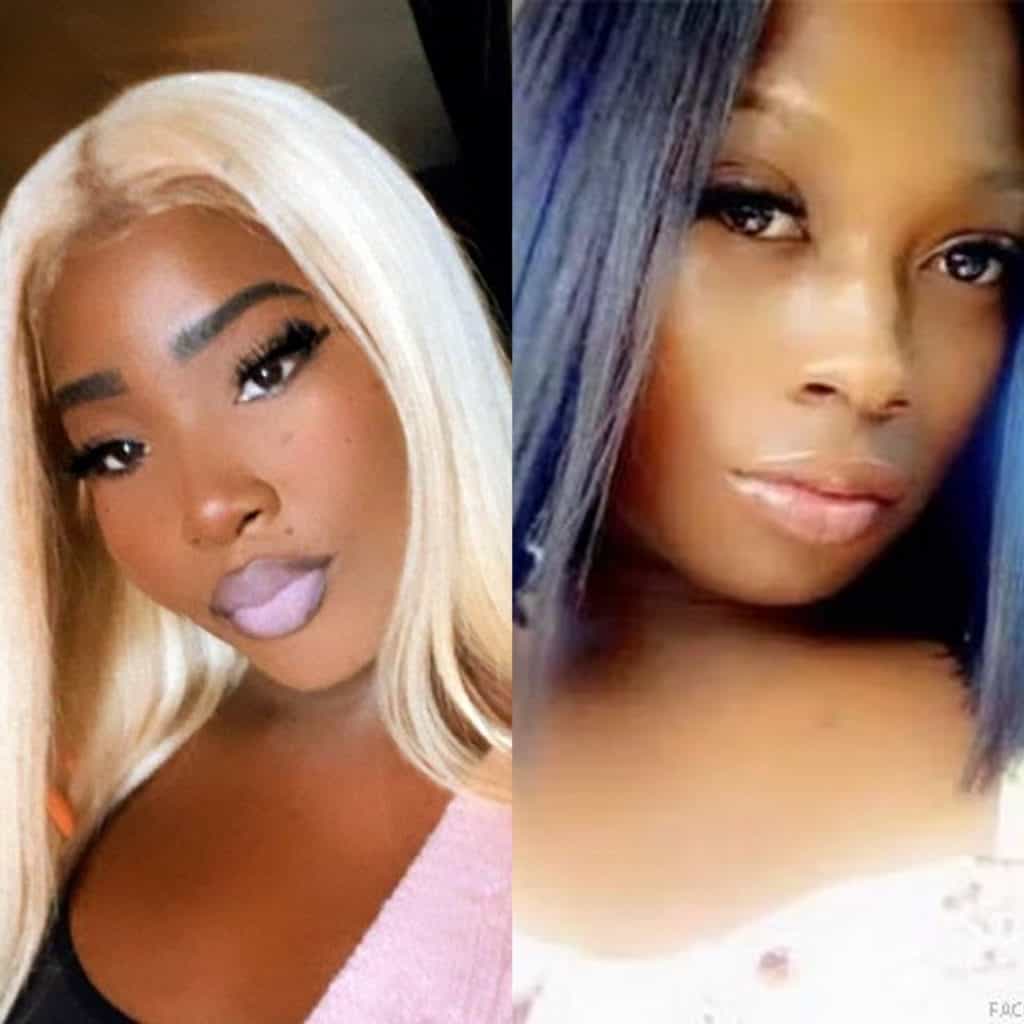
By Dennis Richmond Jr.
Kenyatta “Kesha” Webster, 24, was found dead in Jackson, Mississippi, on Saturday, March 26th, 2022. Friends and family held a vigil for the young woman. Her mother, Sharon Taylor, stated, “I want justice for my baby.” Miia Love Parker, 25, was shot and killed in Chester, Pennsylvania. According to the Human Rights Campaign, “Miia Love Parker’s death is at least the 10th violent killing of a transgender or gender non-conforming person in 2022.”
There’s a trend in America, and most people are clueless about it. Black teenage trans girls and trans women are dying at unprecedented rates. Many trans girls and trans women are dying at the hands of adolescent boys and men. From Florida to Arkansas and Texas to Pennsylvania, trans girls and trans women are bullied, beaten, and brutally slain.
Americans must protect teenage trans girls and trans women. Brayla Stone’s murder in Sherwood, Arkansas, occurred in June of 2020. Her body was found in a car after she was to death. Brayla will never have the chance to see her 18th birthday because she died at 17-years-old. Bee Love Slater, 23, was killed in Clewiston, Florida, in September of 2019. Her burned body was in a torched car.
Muhlaysia Booker’s killing happened in Dallas, Texas, in May of 2019. Assaulted the month before, people not only stood and watched the assault, but they also recorded it and shouted transphobic slurs. In May of 2019, she was found dead on arrival. Her cause of death was a gunshot wound. Muhlaysia was 22 years old. Merci ‘Pooda’ Mack followed me on Instagram. Her murder in Dallas, Texas, occurred in June 2020 after being shot to death at an apartment complex. Merci was 22 years old.
These stories are heartbreaking. Kesha, Miia, Brayla, Bee Love, Muhlaysia, and Merci, were four of hundreds of trans teenage girls and trans women murdered within the past two years. If not thousands.
TS Candii, 28, of Brooklyn, New York, is the Founder of Black Trans Nation. Her solution to this issue is “learn more about us.” She says that folx need “more education.” A lot of people base their ideas on their family and their religion. If people come from families that don’t respect LGBTQ+ folx, this could spark bigotry and violence later in life. “You don’t have to like us.” But “respect us enough to not kill us.”





